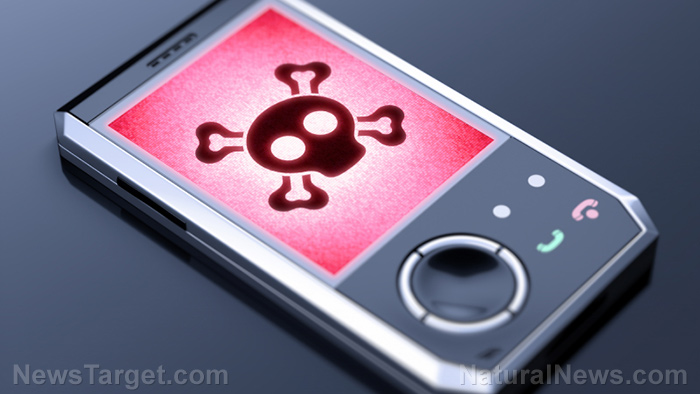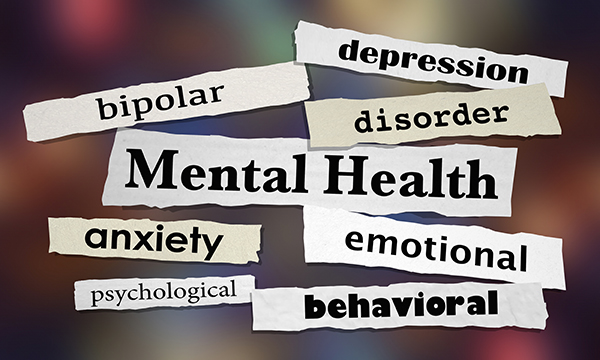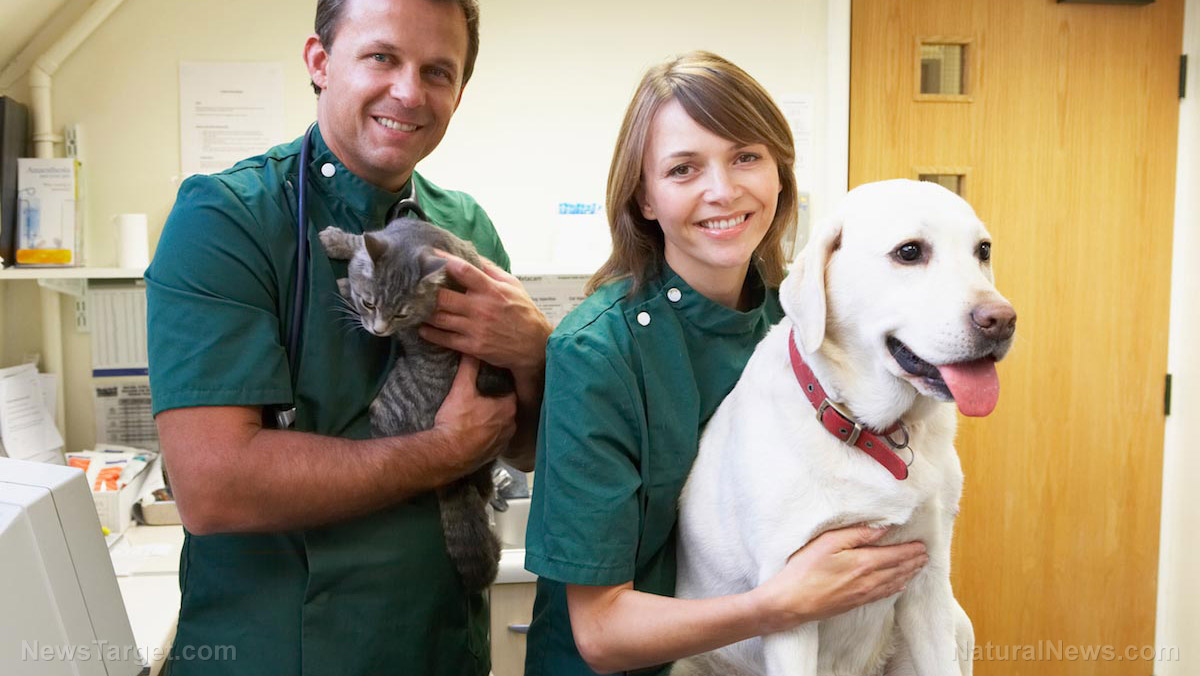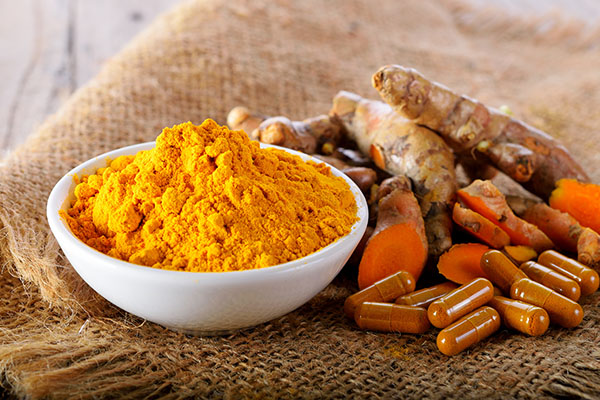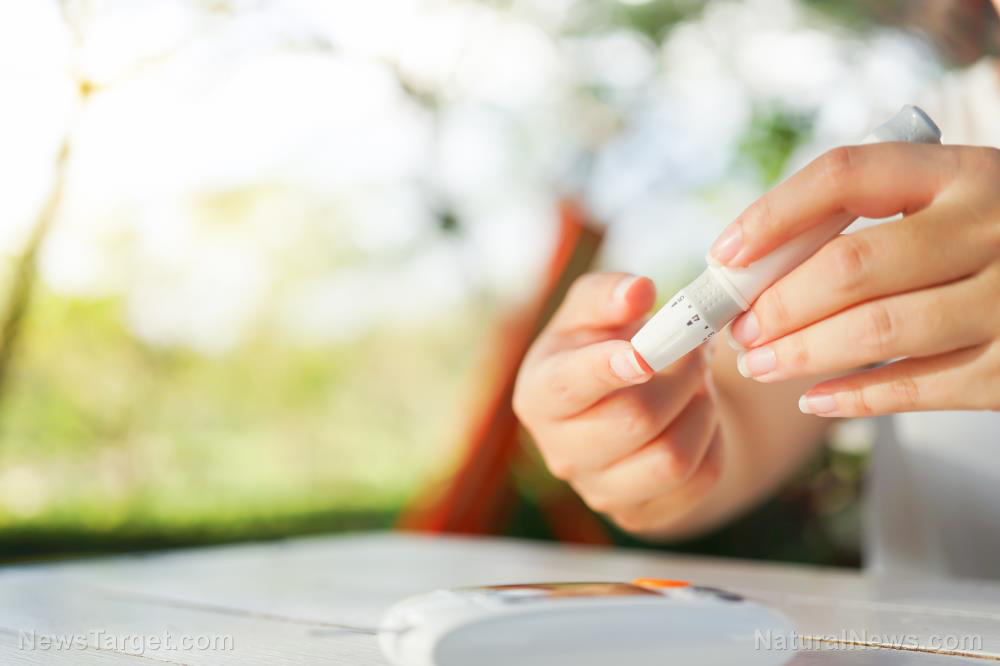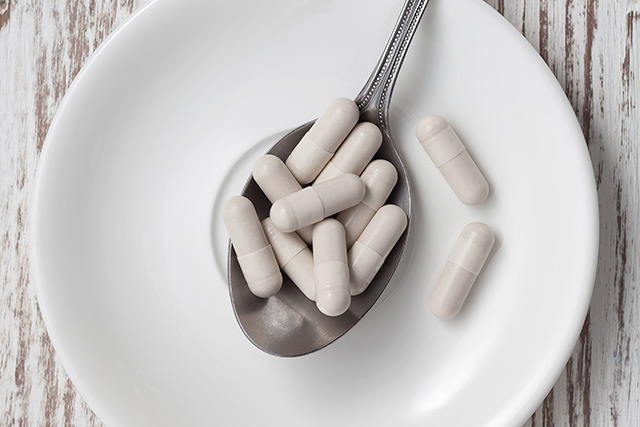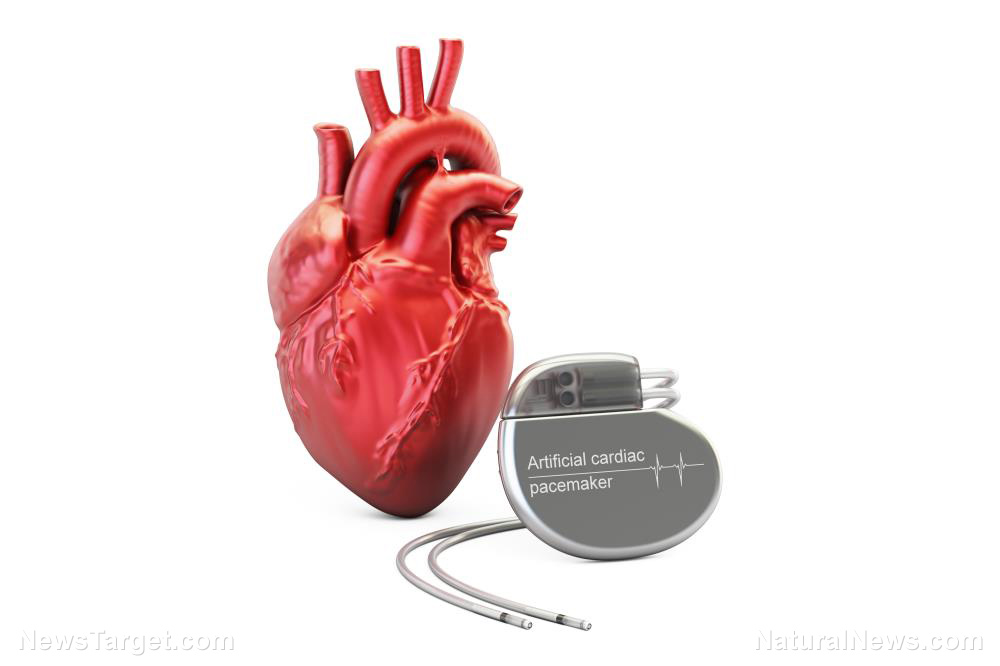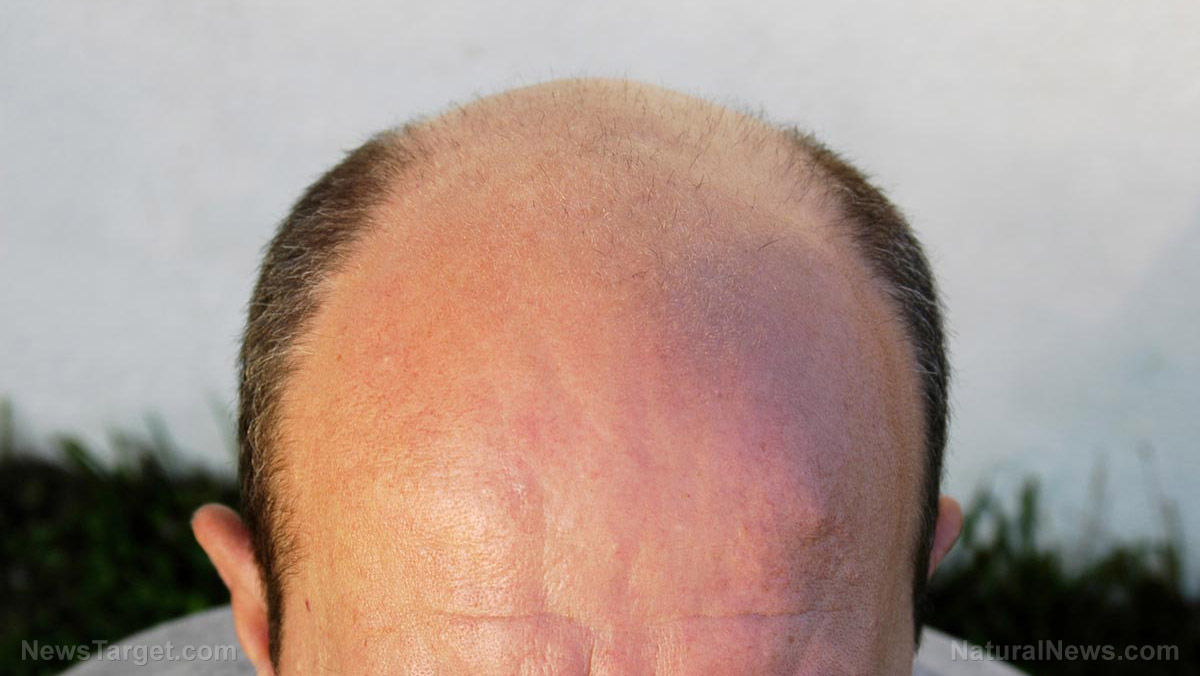FAKE diagnoses of ADHD, trauma, depression, anxiety, PTSD and autism now dished out faster than pharmacies can fill the SSRI prescriptions
09/21/2025 / By S.D. Wells

Are you a human with normal emotions? You might get diagnosed by a psychiatrist who says you’re sick and demented and need psychotropic drugs for your “chemical imbalance.” Today, any experiencing any emotion can qualify you for medication, but that medication may give you the worst mental health problems you could possibly imagine.
On 12 September, UK child and adolescent psychiatrist Sami Timimi published a provocative essay in the Globe and Mail arguing that modern psychiatry has drifted into branding ordinary human suffering as medical illness. His central claim is that psychiatric diagnoses are not objective facts but subjective labels, easily stretched to encompass nearly any form of distress. Unlike true medical diagnoses, which identify disease processes and guide targeted treatment, psychiatric labels serve as consumer brands rather than scientific categories.
- Psychiatric diagnoses are not objective medical conditions but subjective labels that function like consumer brands; they expand to capture ordinary human distress and encourage over-diagnosis, particularly among youth.
- Psychiatric drugs, like alcohol or narcotics, have nonspecific effects and do not target underlying causes of suffering; improvement over time is often misattributed to medications, fueling myths supported by misleading research and marketing.
- Social contagion, vague diagnostic criteria (such as for ADHD), and misinformation from media, professionals, and institutions contribute to widespread self-diagnosis and over-medicalization of normal human struggles.
- Sami Timimi urges parents and society to resist labeling children with psychiatric disorders, instead supporting them through life’s challenges with patience, acceptance, and understanding, while rejecting the “Mental Health Industrial Complex” that pathologizes ordinary experiences.
The Pandemic of Fake Psychiatric Diagnoses
Timimi emphasizes that psychiatric drugs lack disease-specific effects. Their impact resembles that of alcohol or narcotics—nonspecific alterations of mood and perception rather than correction of underlying pathology. Yet psychiatry continues to market these substances as precise treatments for imagined disorders. He notes the proliferation of diagnoses in young people—ADHD, anxiety, trauma, depression, PTSD, autism—often applied in clusters. These labels, reinforced by trends in social media and popular discourse, risk convincing children and parents that normal struggles are symptoms of lifelong illness.
According to Timimi, concepts like “neurodiversity” or “having ADHD” are misleading. Everyone differs in behavior and ability, and common traits such as inattention or hyperactivity do not constitute a disease. He argues that human difficulties are better explained by social and material realities—poverty, discrimination, bereavement, unstable housing, or unemployment—rather than faulty brains. Life’s challenges, he insists, should not automatically trigger diagnoses and prescriptions.
The psychiatrist warns that misinformation pervades both scientific literature and mainstream media. He highlights how vague ADHD criteria enable self-diagnosis and social contagion; large proportions of any audience will test “positive” on ADHD checklists. Even supposedly authoritative health services perpetuate myths—for example, one UK leaflet likened antidepressant trials to “dating,” encouraging patients to keep experimenting with different drugs until one “feels right.” Timimi contends this is illusory: most mental health problems improve naturally over time, and switching or increasing medications rarely improves outcomes. He calls the U.S. STAR*D antidepressant trial—a major study cited to support polypharmacy—a $35 million fraud.
Despite widespread psychiatric labeling, Timimi has witnessed extraordinary resilience among young patients, many of whom recover function and meaning without heavy medicalization. He advises parents not to rush into psychiatric assessments for ADHD, autism, anxiety, or depression, warning especially against antidepressants, which can double suicide risk in youth. Instead, families should normalize distress, accept children as they are, and provide patience and presence rather than diagnoses and drugs.
Timimi cautions against “concept creep,” the expansion of psychiatric language into everyday life. Ordinary sadness becomes “depression,” shyness is reframed as “social anxiety.” This creeping medicalization fosters dependence on psychiatric intervention and obscures the real drivers of suffering. He argues that psychiatry, supported by the pharmaceutical industry, promotes scientism—faith disguised as science—that transforms human experiences into pathologies.
If psychiatry embraced his perspective, fewer lives would be lost to suicide and fewer people disabled by unnecessary treatment. But in a system dominated by drug industry interests and uncritical practitioners, psychiatry often causes more harm than good. Timimi and allies in the Critical Psychiatry Network urge a cultural shift: to reframe mental distress as part of the human condition, not as a lifelong disease.
Tune your internet dial to NaturalMedicine.news for more tips on how to use natural remedies for mental health balance and preventative medicine, instead of succumbing to Big Pharma products that cause, spread, and exacerbate disease and disorder.
Sources for this article include:
Submit a correction >>
Tagged Under:
bad medicine, DSM, DSM V, Misdiagnosis, psyche drugs, psychiatric care, psychotropics, SSRI
This article may contain statements that reflect the opinion of the author

